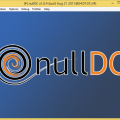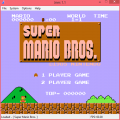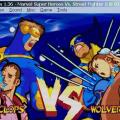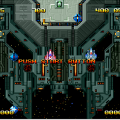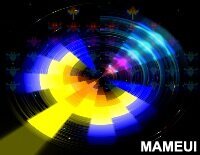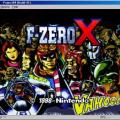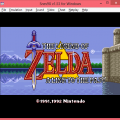- New version of the Gecko engine based on Firefox 24.
- Preparation work for the Direct3D command stream.
- Window management fixes in the Mac driver.
- Support for IPHLPAPI functions on Android.
- Various bug fixes.
- 0 replies
- 3,444 views
- Add Reply
- 0 replies
- 1,492 views
- Add Reply
- 0 replies
- 4,028 views
- Add Reply
- 0 replies
- 3,570 views
- Add Reply
Wine 1.7.3 released
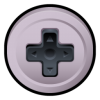
Description:
Wine (originally an acronym for "Wine Is Not an Emulator") is a compatibility layer capable of running Windows applications on several POSIX-compliant operating systems, such as Linux, Mac OSX, & BSD. Instead of simulating internal Windows logic like a virtual machine or emulator, Wine translates Windows API calls into POSIX calls on-the-fly, eliminating the performance and memory penalties of other methods and allowing you to cleanly integrate Windows applications into your desktop.
Wine began in 1993 under the initial coordination of Bob Amstadt as a way to support running Windows 3.1 programs on Linux. Very early on, leadership over Wine's development passed to Alexandre Julliard, who has managed the project ever since. Over the years, as the Windows API and applications have evolved to take advantage of new hardware and software, Wine has adapted to support new features, all while being ported to other OSes, becoming more stable, and providing a better user-experience.
An ambitious project by definition, work on Wine would steadily continue for 15 years before the program finally reached v1.0, the first stable release, in 2008. Several releases later, Wine is still under active development today, and although there is more work to be done, millions of people are estimated to use Wine to run their Windows software on the OS of their choice.
Change log:
2013-09-27 Recent Releases

Hoxs64 1.0.8.6 (Commodore 64) - http://www.hoxs64.net/Default.aspx
Catlist 0.150 - http://www.progettoemma.net/history/catlist.php
Ootake 2.72 (PCE/TG16) - http://www.ouma.jp/ootake/
Wayder Cheats 0.150 - http://www.geocities.jp/ued_way/
Xroar 0.30.2 (Coco/Dragon) - http://www.6809.org.uk/dragon/xroar.shtml
EmuLoader 7.3.3 (Frontend) - http://emuloader.mameworld.info/
HqMAME 2.11 (0.150) - http://sourceforge.net/projects/hqxmame/files/
FCEUX r3015 (NES) - http://www.fceux.com/web/download.html
jpcsp r3402 (PSP) - http://www.jpcsp.org/
DSEVZ200 2013-09-20 (VZ200) - http://www.gstsoftware.co.nz/
FCEUX 2.2.2 released

Description:
Change log:
source: http://www.fceux.com/
download: http://www.1emulation.com/forums/files/file/18-fceux/
Dolphin 4.0 released

Description:
Dolphin is a Gamecube and Wii emulator. Most games run perfectly or with minor bugs. Games are playable at HD quality, with 1080p and more. This is a remarkable feature the actual Gamecube and Wii consoles are not capable of. As an open source project everyone can commit improvements. The code is hosted on code.google.com. Dolphin is actively developed and almost every day new features are added and bugs fixed as well. Dolphin is a multiplatform project and many operating systems are supported. Dolphin runs on Windows 7 (x86 and x64), Mac OSX andLinux.
Change log:
source: https://dolphin-emu.org/
download: Dolphin x32 4.0
download: Dolphin x64 4.0

